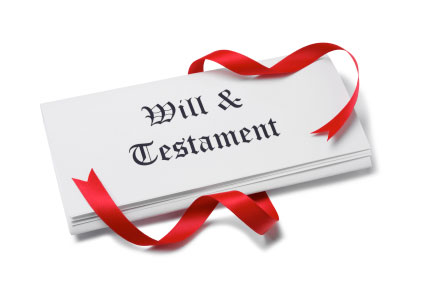
Questions that we receive regularly include “How do I know that my Will is valid?”; and
“For How long does my Will remain valid?”; and
“Can I make any changes to my Will?”
How do I Know that my Will is Valid?
As soon as your Will has been signed correctly, it becomes a legally valid document. You must also have two witnesses present with you as you sign your Will, and you must all 3 see the other 2 sign your Will document respectively. Your witnesses can be anybody you choose, but they cannot be a beneficiary (either directly or by substitution) of your Will, nor be married to or in a civil partnership with a beneficiary. Otherwise, this would forfeit any benefit they are due to inherit from your estate after your lifetime.
For how Long does my Will Remain Valid?
We have heard reports of people being wrongly informed that the law has changed, thus invalidating their Will. Another “myth” is that Wills “expire” after 3 years. This is not the case, as there is no time limit placed upon the validity of a Will. Once it is signed and correctly witnessed, then it becomes a legally valid document and will remain so until you either destroy it or arrange a new one at a later stage. It is worth bearing in mind that marriage revokes all previous Wills unless your existing Will specifically anticipates a future marriage in writing.
Can I Make Changes to my Will?
It is advisable to review your Will periodically, usually every 3-5 years, especially if there have been any significant changes to your personal circumstances such as marriage, divorce, or the birth of children/grandchildren, etc. If you think your Will needs changing or updating in any way, we strongly advise against making any amendments directly upon your Will document yourself. Please do not write on, nor attach anything to your Will, as this can often lead to questions around your intentions and may also invalidate your Will. It may also lead someone to conclude that your Will has been compromised. This could result in an unexpected claim against your estate, thus potentially causing problems and additional expense for your family.
If you need to make any changes to your existing Will, then small additions can be made by way of a “codicil”. However, it is advisable to arrange an entirely new Will instead. This rarely costs any more than having a codicil, and there is then no chance of the codicil subsequently becoming detached from your original Will document and this causing uncertainty at a later stage.
For further details, WITHOUT consultation fees nor obligation, then please visit TRF Wills.


 TRF Wills (TRF) was created by Michael Cotterill in 2005. He is a member of the Society of Will Writers and registered with the Information Commissioner’s Office.
TRF Wills (TRF) was created by Michael Cotterill in 2005. He is a member of the Society of Will Writers and registered with the Information Commissioner’s Office.